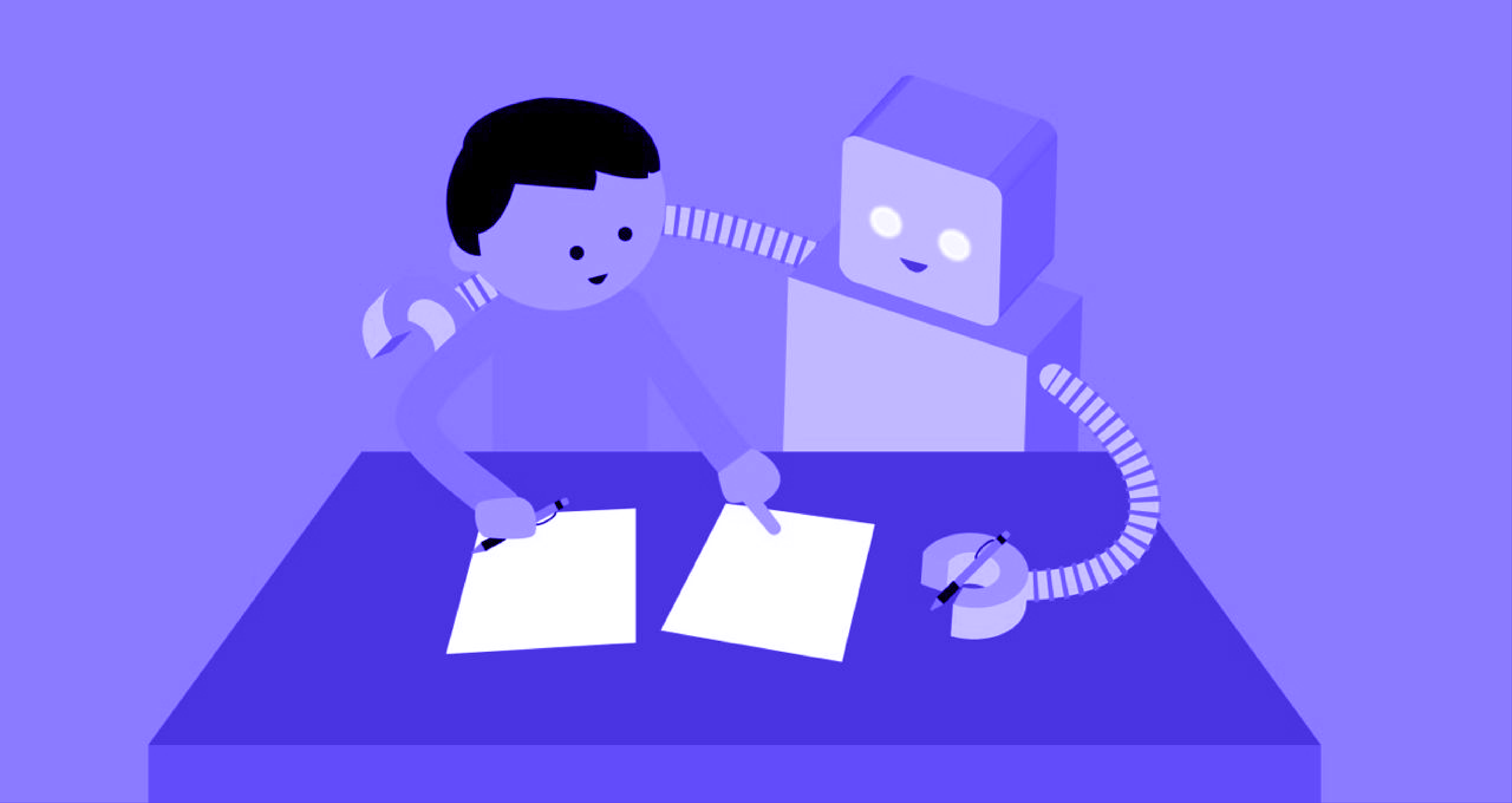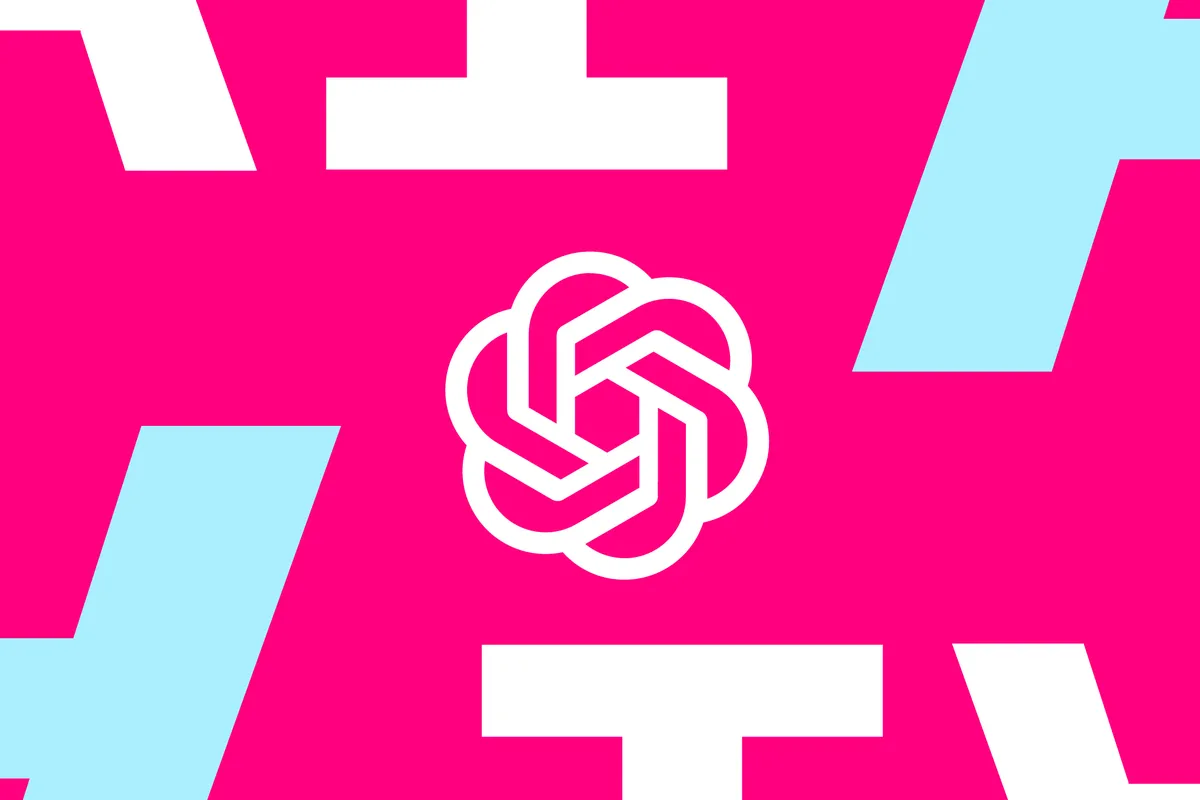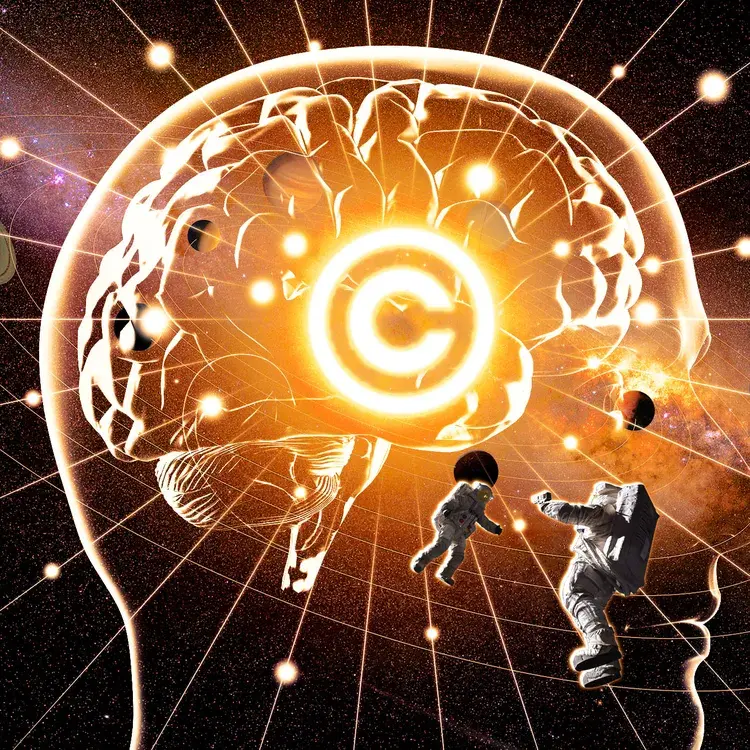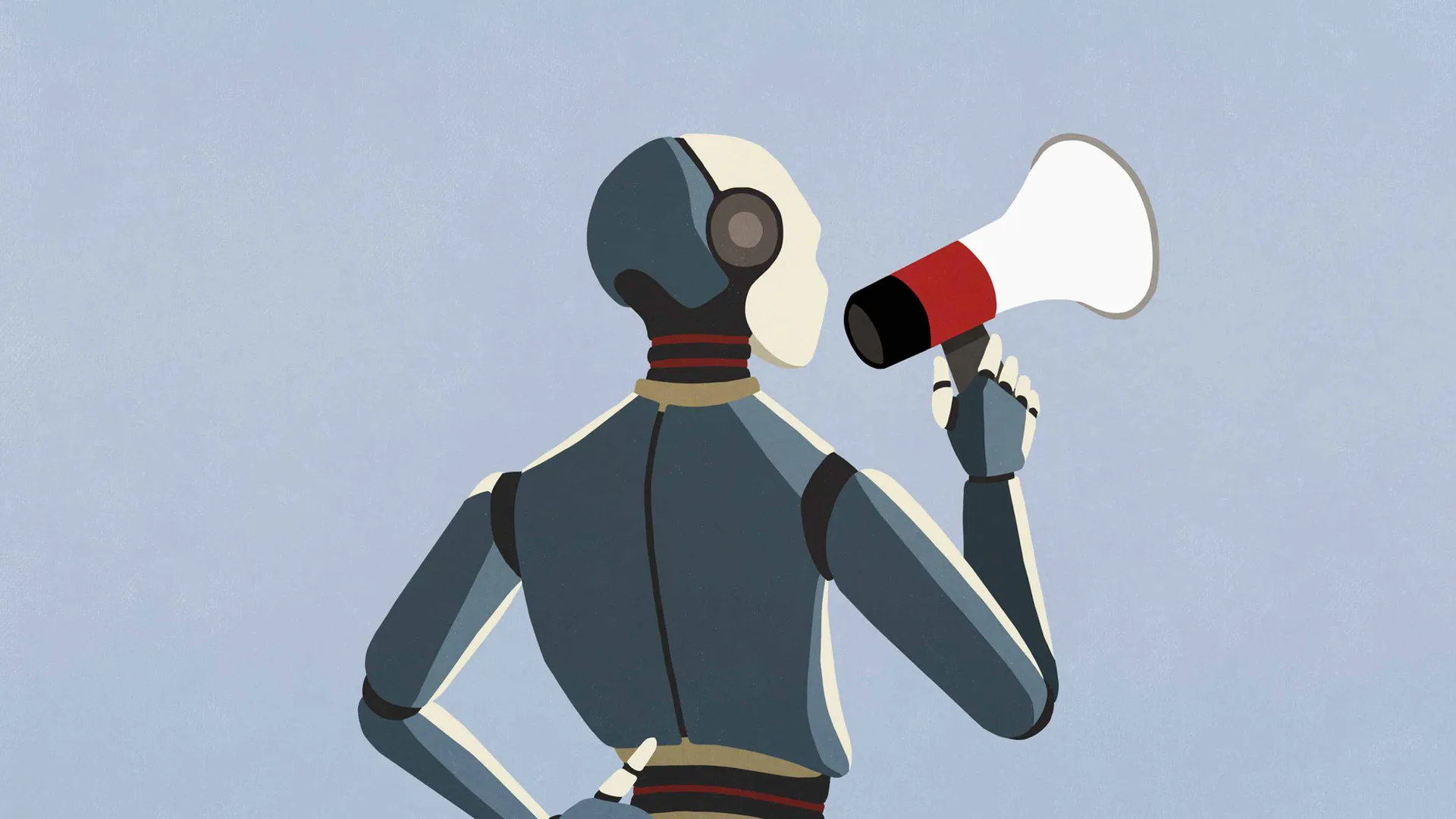OpenAI wants its conversational artificial intelligence agent, ChatGPT, to be present everywhere, and that includes classrooms, despite the immense potential for misuse and confusion in that setting. Taking the bull by the horns, the company has proposed some ways in which teachers can use the system outside of its usual role as a "research assistant" for procrastinating students.
The chatbot is controversial due to the dubious case of a prevalent yet unknown use: plagiarism. Teachers worldwide have caught or suspected students of writing their essays using ChatGPT or using it to answer things like take-home quizzes. Depending on your opinion of educational methods, this can be considered cheating, fair play, or something in between, but it's definitely complicating lesson plans worldwide.
It's evident that OpenAI wants to improve the system's image regarding education, so they have presented a selection of quite compelling ways to put it to work in the classroom.
For example, ChatGPT can be used to help language learners (especially in English) translate and write clearly and correctly. The system doesn't always get its data right, but thanks to a corpus of mostly correct writing, it is grammatically correct even when hallucinating. I've heard this from non-native English speakers before, and there's no reason to think it wouldn't be as useful for a fifth-grade student as it is for an adult.
OpenAI also echoes the opinions of experts (making sure to put this in the context of educators making these suggestions themselves) that it could be useful for formulating new test questions or acting as an interviewer in a job.
Perhaps the most relevant suggestion, from Geetha Venugopal in Chennai, India, is to teach children not to trust everything a computer throws at them:
In her classroom, she advises students to remember that the answers ChatGPT provides may not always be credible and accurate, and to think critically about whether they should trust the answer and then confirm the information through other primary sources. The goal is to help them "understand the importance of constantly working on their original skills of critical thinking, problem-solving, and creativity."
If those kids can learn that, they'll be doing what half the planet can't!
💡 Entrepreneurial Perspective: This news highlights the versatility of artificial intelligence in education but also underscores the ethical challenges associated. For entrepreneurs in the edtech field, it's crucial to understand how to integrate tools like ChatGPT beneficially and responsibly in classrooms. The idea of promoting critical thinking and information verification among students can be a valuable inspiration for developing educational solutions that not only provide knowledge but also foster fundamental skills for the current world.
Source: Tech Crunch





